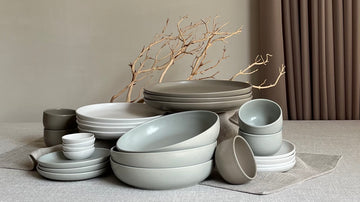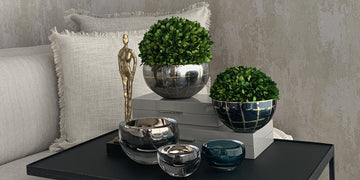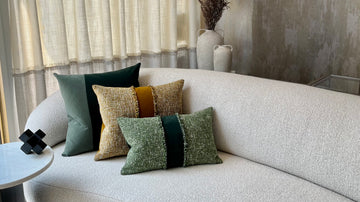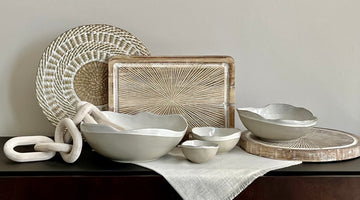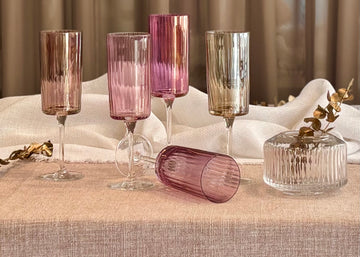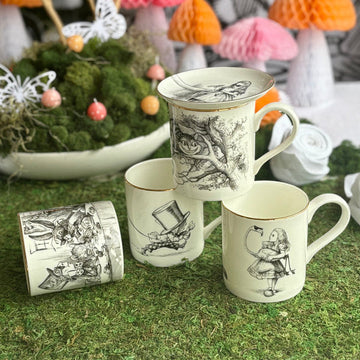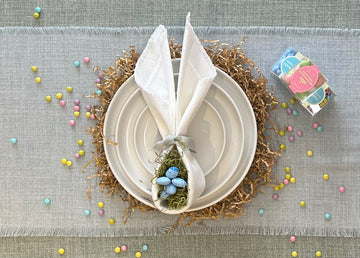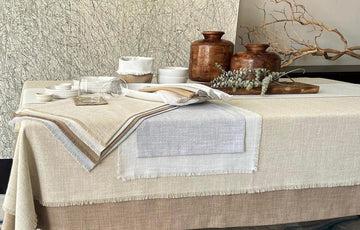Curated by Interior Couture
In Japan, wabi sabi is imperceptible but is everywhere. It is a feeling, more than a concept, that is integral in Japanese culture and aesthetics. Wabi means things that are fresh and simple. It celebrates simplicity and quietude. It includes both that which is made by nature, and that which is made by man. It also can mean an accidental or happenstance element (or perhaps even a small flaw) which gives elegance and uniqueness to the whole, such as the pattern made by a flowing glaze on a ceramic object.
Sabi means things whose beauty stems from age and makes an object more valuable. It refers to the patina of age, and the concept that changes due to use may make an object more beautiful and valuable. This also incorporates an appreciation of the cycles of life, as well as careful, artful mending of damage.
The author of “The Wabi-Sabi House: The Japanese Art of Imperfect Beauty” and “Simply Imperfect: Revisiting the Wabi-Sabi House” Griggs Lawrence explains: “Wabi sabi doesn't mean embracing clutter, there is thought and work behind it, not neglect.”
Every object in your home should be beautiful, useful, or both. Your things should allow you to sit back and appreciate what you own as you grow old with its own patina over age.
We encourage you find interest in asymmetrical, uneven or unbalanced objects, in the beauty of aged things which speak to the impermanence of life through the passage of time. Think about a colour palette that mimics what is found in nature. Natural grays of stone, greens of the forest, sand and clay of the earth, create an atmosphere of tranquillity and harmony.
Celebrate what's handmade. Furnish your home with unique, quality pieces. Using materials that weather beautifully, like wood, stone, ceramics, natural grasses and textiles, that soften with the beauty of age.
Kaiyō Bowls. “Kaiyō” is “Ocean” in the Japanese language. These bowls mimic the shorelines of the ocean with a crisp wavelike white inner glaze and a sandy, unglazed outer texture
Two sizes of serving bowls and two sizes of smaller everyday bowls are available.
Ethically handcrafted fair trade grass baskets that you can feel good about in your home.
Hand woven with responsibly harvested elephant grass with natural dyes add a pop of colour into your space.
Natural Mango Wood Bowls and Trays are a modern and organic compliment to all styles.
Artisanal hand-fringed placemats made from heathered linen and are a relaxed yet refined look to enhance any table. Wash and wear and ready to enjoy.
"Wabi is the quality of a rustic, yet refined, solitary beauty. Sabi is that trait, be it the green corrosion of bronze, or the pattern of moss and lichen on wood and stone, that comes with weathering and age."
- "Reflections of the Spirit: Japanese Gardens in America",
Maggie Oster

